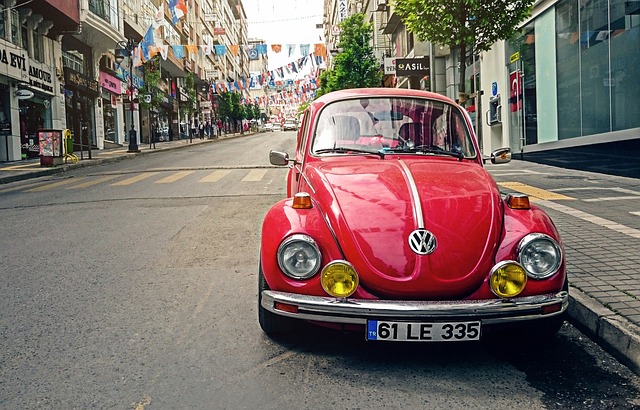The European Union, which launched the European Battery Alliance in 2017 to kick-start a homegrown industry, wants companies in the region to provide 90 percent of the batteries needed by 2030 to power the energy transition on the continent.
When it comes to electric vehicle batteries, Benchmark Mineral Intelligence (BMI) estimates that Europe should have a manufacturing capacity of 1,200 GWh by 2031 if current plans come to fruition, outstripping expected demand of 875 GWh.
But of that 1,200 GWh, 44 percent will be provided by Asian companies with factories in Europe, ahead of homegrown firms on 43 percent and Tesla with 13 percent, according to a Reuters calculation based on BMI data.
What is more, Caspar Rawles, BMI chief data officer, said some of the plants being planned by European companies “will not ever make it off the drawing board.”
At the same time, the Chinese, South Korean and Japanese companies that dominate the market are more likely to follow through because they already have contracts with global automakers and experience building gigafactories around the world, he said.
“The vast majority of European capacity is going to be Asian,” Rawles said.
European automakers BMW, Mercedes-Benz, Stellantis and VW have all signed offtake agreements from plants under construction by Asian players, such as China’s CATL and South Korea’s LG Energy Solution.
And China’s Envision AESC, for example, is already considering building more plants in Europe.
The European Battery Alliance (EBA) acknowledges Asian companies, and Chinese companies in particular, are likely to increase their market share in the coming years, helped by their track record and offtake agreements.
